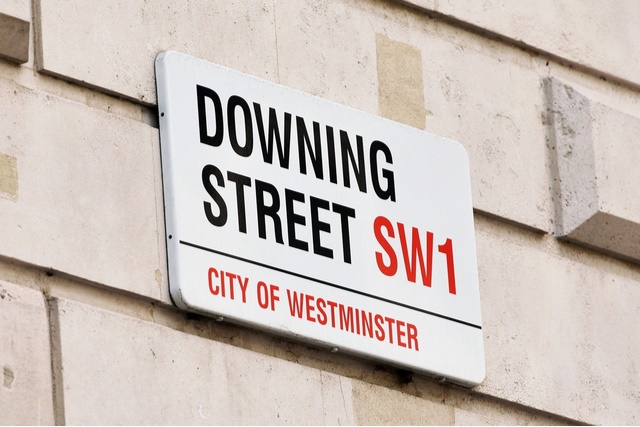Extension of UK-EU Talks Encourages Pound Australian Dollar (GBP/AUD) Exchange Rate Jump
The Pound to Australian Dollar (GBP/AUD) exchange rate rallied sharply at the start of the week thanks to the latest extension to UK-EU trade talks.
While the talks were previously slated to end on Sunday, stoking fears of a likely no-deal Brexit scenario, the two sides ultimately agreed to carry on discussions.
This offered Pound Sterling (GBP) a strong boost across the board, reversing some of the losses incurred as no-deal Brexit odds rose last week.
With the possibility of the two sides reaching an agreement still on the table, even with time fast running out, investors piled back into the weakened Pound once again.
Although the outcome of the Brexit talks remains up in the air, with the potential to go either way, this latest reprieve still gave GBP exchange rates a solid boost.
Australian Dollar Vulnerable to Dovish RBA Meeting Minutes
The mood towards the Australian Dollar (AUD) could sour tomorrow, though, with the release of the Reserve Bank of Australia’s (RBA) December meeting minutes.
Fresh confirmation of the RBA’s dovish policy bias may put pressure on AUD exchange rates, increasing the odds of further policy loosening to come in the months ahead.
If the central bank shows greater signs of leaning towards greater policy intervention the Australian Dollar looks set to fall out of favour with investors once again.
On the other hand, a less dovish set of meeting minutes could encourage the antipodean currency to push higher across the board.
Demand for the risk-sensitive Australian Dollar may also increase in response to a stronger set of Chinese data set for release on Tuesday.
Any improvement in November’s industrial production figure could give AUD exchange rates a solid boost, given that the Australian Dollar remains a major market proxy for sentiment towards the Chinese economy.
Fresh Evidence of UK Labour Market Weakness May Weigh on GBP/AUD Exchange Rate
The GBP/AUD exchange rate may struggle to hold onto its positive footing, however, if UK labour market data shows fresh signs of weakness on Tuesday.
Forecasts point towards the unemployment rate rising from 4.8% to 5.1% in October, reflecting the continued impact of the Covid-19 crisis.
With further job losses in the pipeline for the remainder of the fourth quarter any uptick in unemployment at this stage could put significant pressure on the Pound.
Even if average weekly earnings show signs of growth this may struggle to outweigh the impact of any fresh deterioration in the health of the UK labour market.
Rising joblessness may form an increasing drag on economic activity, pushing down consumer spending and confidence and raising the odds of a weak quarterly growth performance.
As long as the fourth quarter UK gross domestic product appears on track to contract this may well limit the potential for any GBP/AUD exchange rate gains.


Comments are closed.